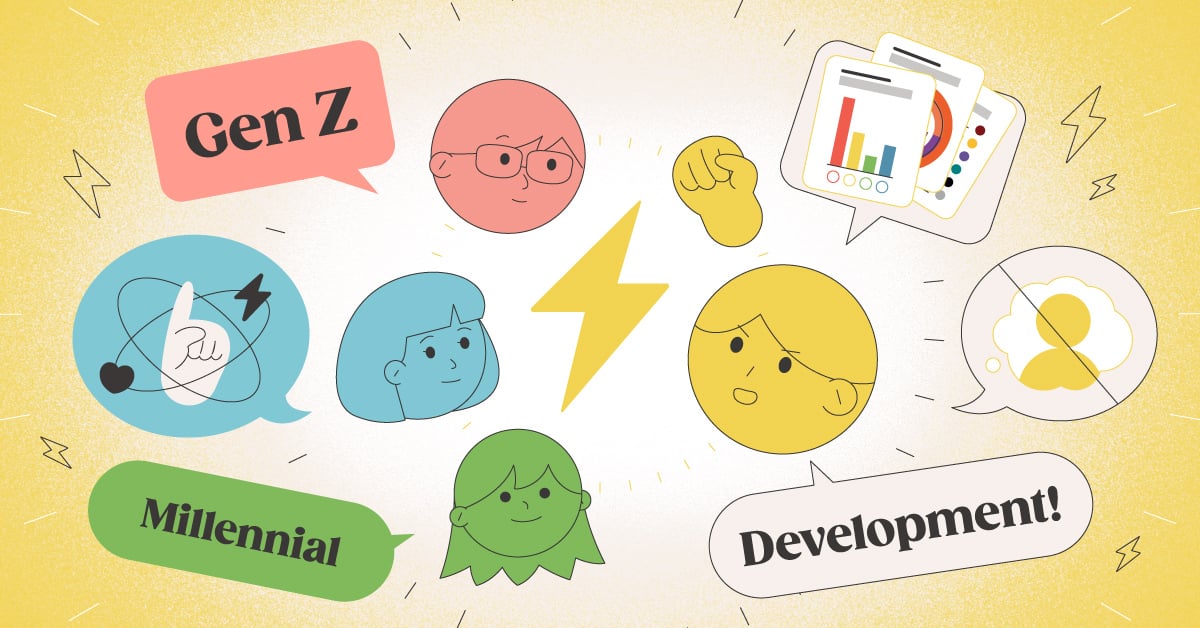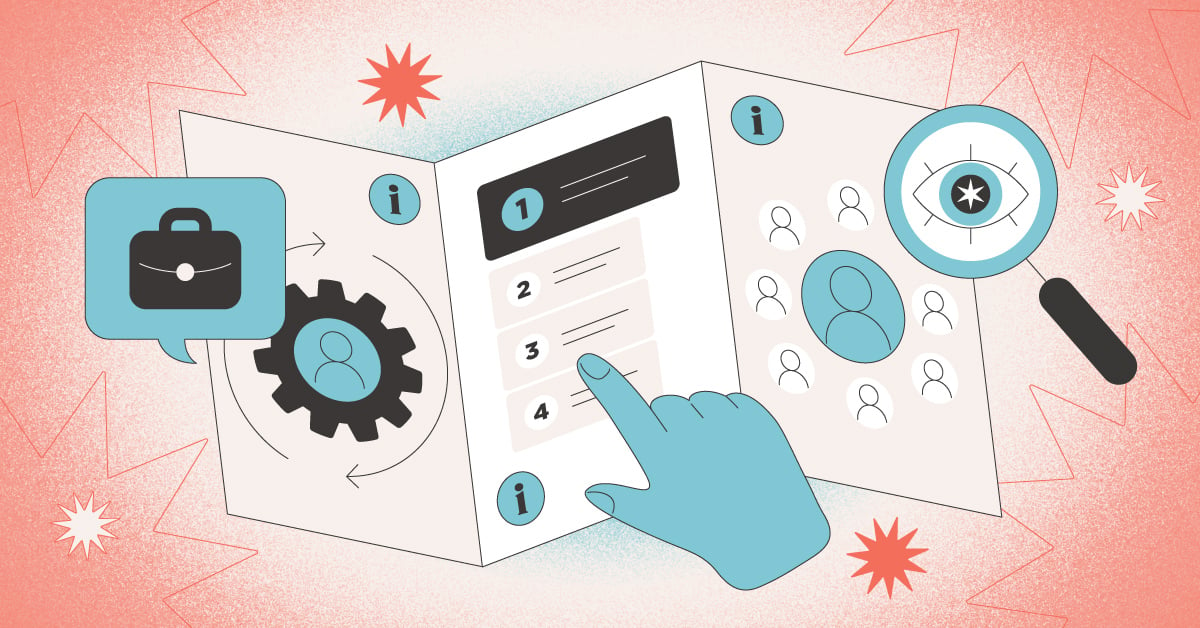
When Mindy Bortness, President of Communication Works, Inc., introduces her clients to job benchmarking, they are always astounded at its versatility.
“I use it in so many ways. It’s really an ideal tool for understanding what is needed for success in a job and what makes someone a great fit for that role,” she said.
In the consulting world, job benchmarking is the process of creating a profile of the ideal candidate for a position, and then measuring candidates against that profile.
It can be used in employee development, hiring, succession planning, and more. It’s a multifunctional tool to add to your organization’s talent development and planning processes—one that creates measurable results.
Here are six ways benchmarking can transform your business.
Benchmarking Enhances Hiring Accuracy
Benchmarking pinpoints the skills needed to succeed in a position. It provides a roadmap for what a role requires and how it should develop in the future. With this information, you can more easily find individuals who fit the role and its needs.
The hiring specifications that are revealed during the benchmarking process are determined by data and backed up by a suite of assessment tools designed to help uncover candidate alignment.
“It is, of course, ideal in hiring because you are really maximizing alignment and minimizing a mismatch out of the gate,” said Bortness. “When you start out with a great fit for the job, you can meaningfully increase engagement and decrease turnover rates.”
Benchmarking Supports Onboarding
When you use benchmarking as part of your selection process, the employee will enter the role knowing how they compare to the requirements of the job and what’s expected of them. This insight can help personalize the onboarding process, giving employees just what they need to come up to speed quickly and start contributing to the team.
Hounds Town USA has seen these benefits firsthand. Since integrating benchmarking into their talent recruitment strategy, they’ve used the resulting data to create custom onboarding and integration processes for each role. They’ve also experienced zero turnover!
Benchmarking Facilitates Communication
Using assessment tools during the benchmarking process, especially with a new team member, creates a shared language surrounding behaviors, skills, and working styles among employees. Assessments give employees a deeper understanding of not only themselves, but also of one another.
This understanding helps shed a light on communication preferences, enhancing teamwork while reducing misunderstandings and conflict.
Benchmarking Promotes Productivity
You’ve probably heard the saying attributed to Jim Collins about getting the right people in the right seats on the bus. It may be slightly cliche, but those words are often repeated because when you get it right, employees are fulfilled and productivity is enhanced. When employees feel truly understood, engagement increases.
Bortness tells the story of a client with a store manager who was altruistic and collaborative. The manager loved growing the people around her, but didn’t love the data and numbers-management required to grow a store. She was a stellar employee, so after going through the benchmarking process, the company decided to move her to a training role, where she thrived.
“When the hired talent is scientifically matched, they are happier, less stressed and perform with more ease,” said Teresa Adams-Nault, Founder of TheTalentMatchmaker. “Things get done because they know their job and are matched to it!”
Benchmarking Boosts Employee Retention
Losing quality employees is both disruptive and expensive. SHRM research found that the cost of replacing an employee can be as high as half of the employee’s salary. Some sources report that the cost is even higher. While there are a number of factors that impact employee retention, alignment and job expectations don't have to be among them if you use job benchmarking.
“Benchmarking increases retention because employees know what they are accountable for,” shared Adams-Nault. “They understand their job better through the key accountabilities and are scientifically matched to the role. There’s no guessing.”
Benchmarking Simplifies Professional Development
Whether you need a professional development and succession planning process or you’re just looking to enhance what you currently have, job benchmarking can play a key role. By measuring multiple roles across the company, you can eliminate the guesswork of how to choose the next candidate for a role. You also demystify the promotion process–ambitious employees will be able to understand the skills they need to get to the next level because the requirements are plainly laid out.
“When employees are looking for professional growth, job benchmarking can create a lighted runway for them. By benchmarking their next role on the career ladder, they will have a development plan that is specific to what that role will require–and not in a way that is broad brush,” said Bortness. “Job benchmarking is a powerful tool to grow and develop the teams you have in place.”
If you're looking to incorporate benchmarking into your organization’s talent development and hiring processes, we can help. Contact us here to get started.



